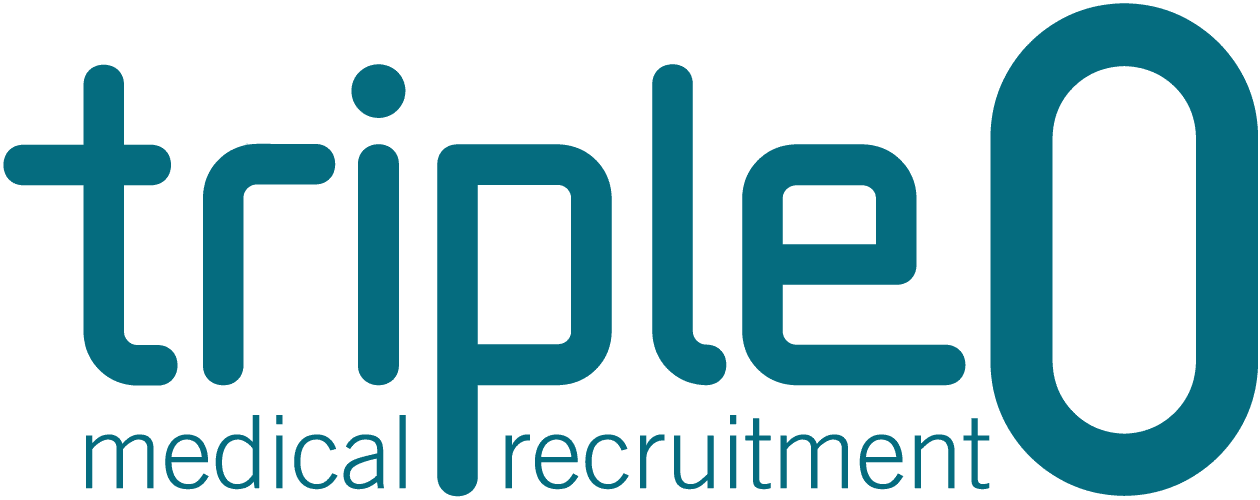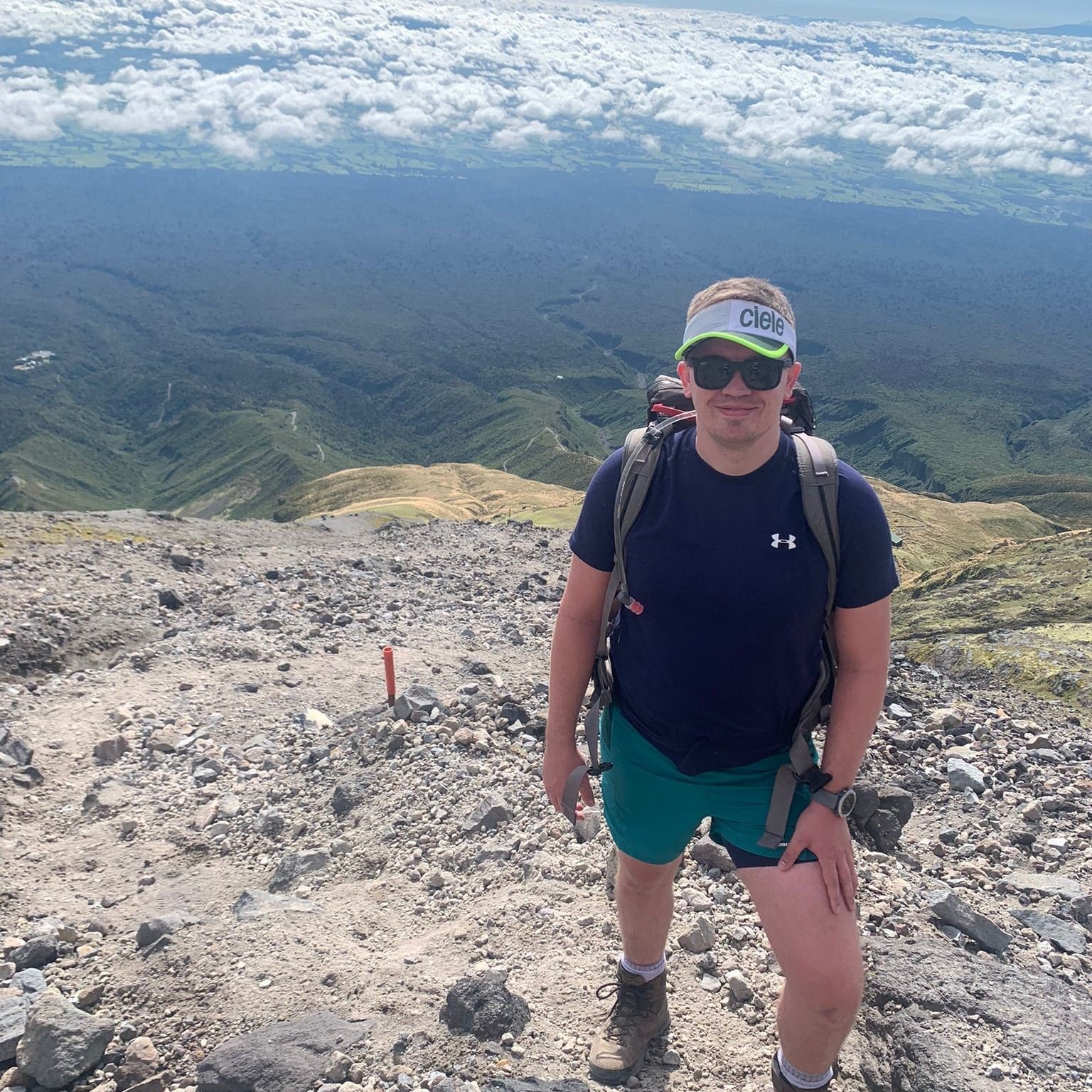Renowned for its beauty and matchless lifestyle opportunities, New Zealand is a popular choice for GPs looking to work overseas. Despite the increased border restrictions that have been in place over the past year, doctors are subject to critical worker exemptions and are therefore currently in a unique position to sample the greener pastures of the “Land of the Long White Cloud.” But what do you need to know if you’re considering the leap?
In the latest episode of our Triple0 Talks podcast, we spoke with Dr Sameer Patel, a GP who recently relocated from the UK with the help of our team to work in New Zealand for six months.
During his conversation with Liz Hill, our Customer Care Manager, Dr Patel discussed his experience with relocating, explained what the process was like and provided advice for other doctors considering a similar move. The key topics covered in the discussion include:
- Why he decided to move to New Zealand – 0:54
- The most daunting part of relocating – 1:50
- The process to attain a Medical Council registration – 2:28
- The paperwork involved in the registration process – 4:10
- Attaining a visa critical worker – 5:37
- Misconceptions he had about the process going into it – 6:58
- Advice for other GPs considering relocation – 10:05
Listen to the full discussion below, and if you’d like more advice on living and working in New Zealand, we have a number of resources available, including a guide to relocating to New Zealand, details on the key registration pathways available, a location guide to help you choose your destination and general information on moving to New Zealand as well as what it’s like to work here.
If you have any questions or would like to find out about the opportunities we have available across the country, get in touch with us.
Triple0 Talks is our podcast series that discusses important issues facing doctors today. Each episode highlights a specific theme and provides a real-world perspective from those who experience life as a doctor first-hand.



